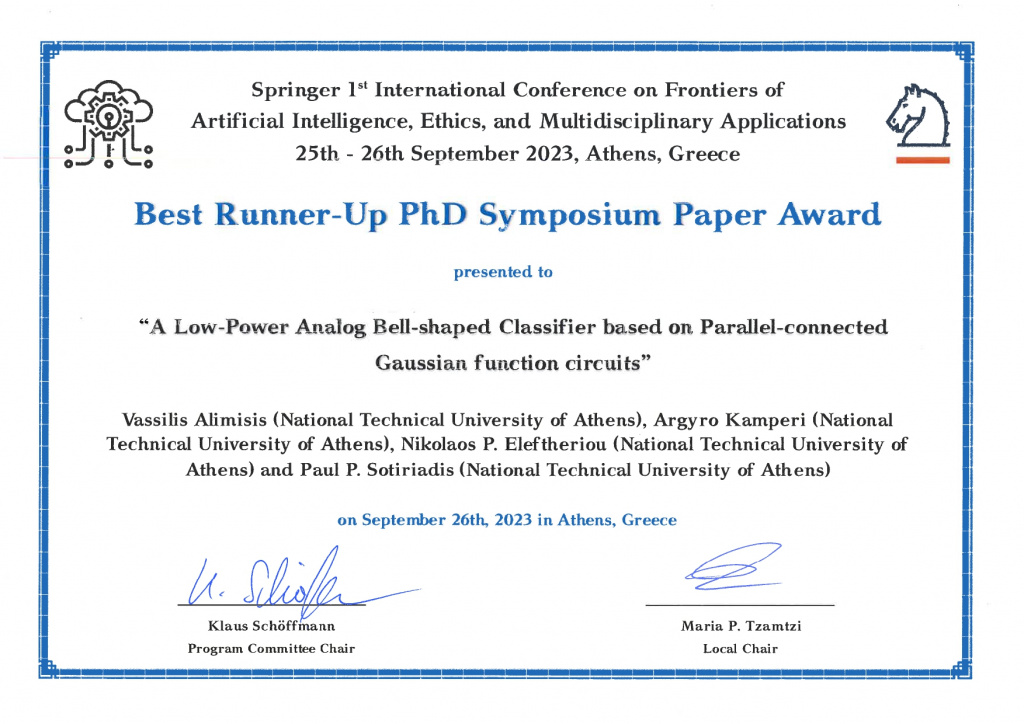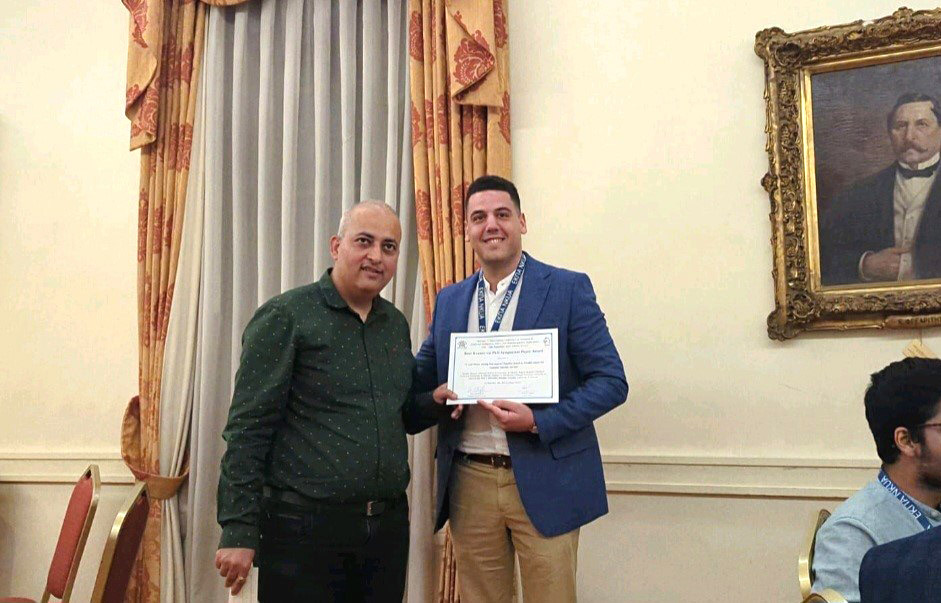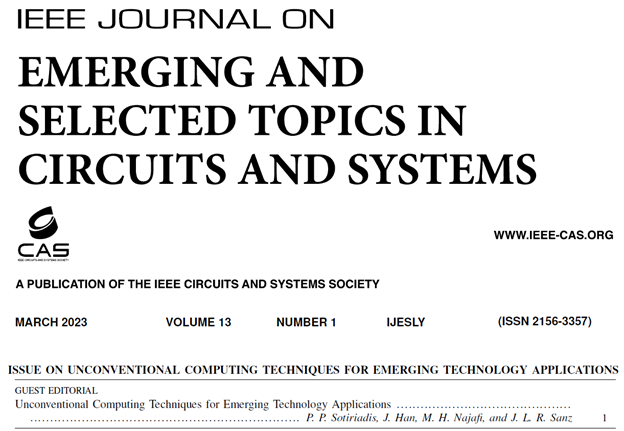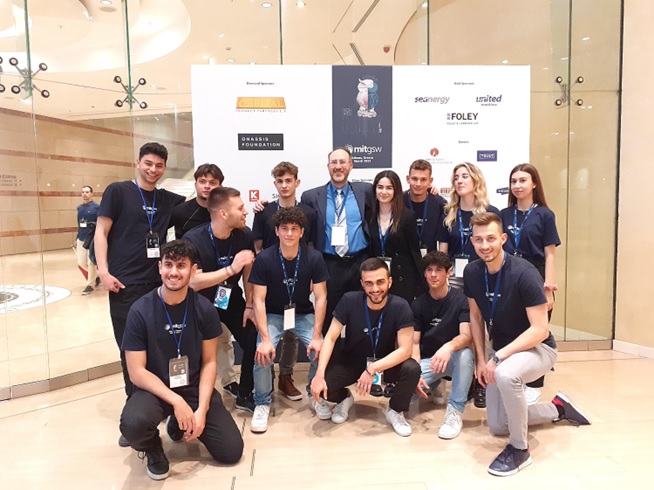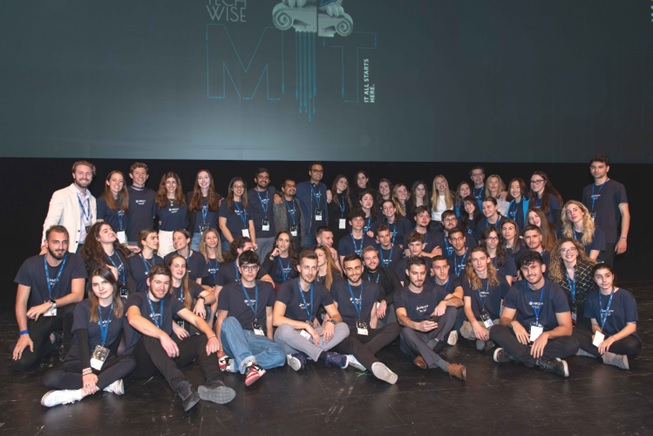Professor of ECE-NTUA Paul Peter Sotiriadis among the top 2% of highly cited scientists in the world
Stanford University and Elsevier have published the ranking of the 2% of the most influential researchers in the world in all scientific disciplines for 2022, retrieving data from the SCOPUS database and using a range of parameters for the harmonization of each scientist's research contribution and influence. As a result, a list of the top scientists from all scientific subjects (as well as those ranked in the top 2% in their main subfield discipline) was compiled.
Twenty-nine (29) Professors from the ECE of the NTUA are included in the lists.
The first list refers to all years analyzed (1788-2022) and includes the following 27 Professors of ECE-NTUA:
Afrati Foto*, Antonopoulos Antonios, Avramopoulos Hercules, Doukas Haris, Fikioris George, Fotakis Dimitris, Georgilakis Pavlos, Hatziargyriou Nikos, Hristoforou E., Kladas Antonios, Kollias Stefanos*, Korres Georgios, Manias Stefanos*, Maragos Petros, Nikita Konstantina, Panagopoulos Athanasios, Papathanassiou Stavros, Papavasiliou Anthony, Papavassiliou Symeon, Psarras John, Sotiriadis Paul, Topalis F., Tsalamengas John*, Tzafestas Spyros (†), Uzunoglu Nikolaos*, Varvarigou Theodora, Vournas Costas*
A second list referring to the year 2022, only, includes the following 16 Professors and 1 EDIP of ECE-NTUA:
Antonopoulos Antonios, Doukas Haris, Fotakis Dimitris, Georgilakis Pavlos, Hatziargyriou Nikos*, Korres Georgios, Kyriakopoulos Grigorios (EDIP), Manias Stefanos*, Maragos Petros, Marinakis Vangelis, Nikita Konstantina, Papathanassiou Stavros, Papavasiliou Anthony, Papavassiliou Symeon, Tzafestas Spyros (†), Voulodimos Athanasios, Vournas Costas*
(Retired/emeritus professors are marked with * and deceased with †)
Related link:
https://elsevier.digitalcommonsdata.com/datasets/btchxktzyw/6

